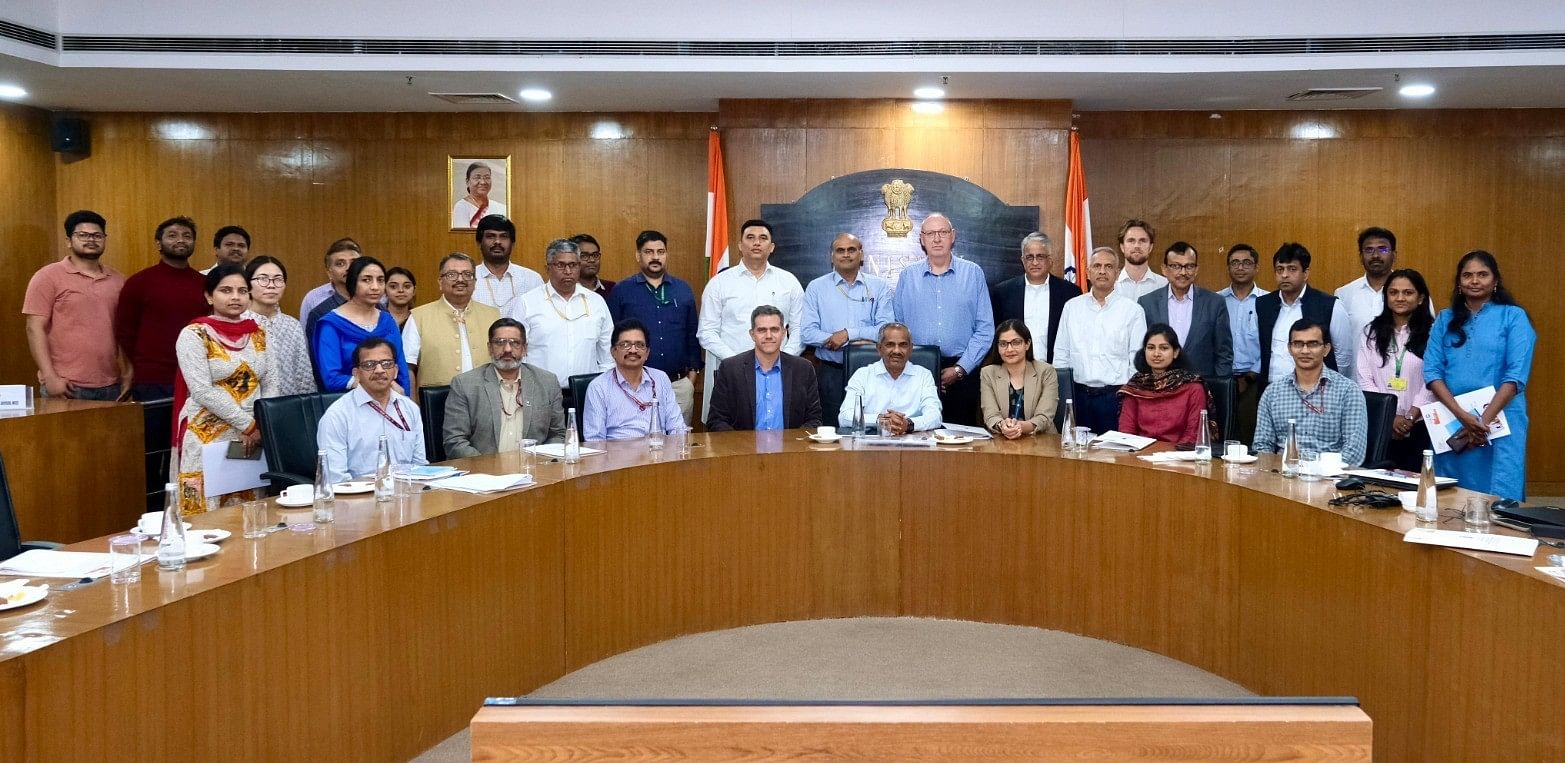
The Ministry of Earth Sciences (MoES) organized a consultative workshop in New Delhi on 22 March 2024, to discuss the current status of the Blue Economy Pathways study report. The workshop saw the participation of experts from various organizations including the World Bank, Ministry of Statistics and Programme Implementation, Ministry of Environment, Forest & Climate Change, Ministry of Fisheries, Animal Husbandry and Dairying, NITI Aayog, Ministry of Port Shipping and Waterways, Ministry of Tourism, as well as several state and national research and development organizations. The focus of the workshop was to highlight the collaborative efforts of each ministry in the preparation of the report.
MoES has partnered with the World Bank to conduct a technical study aimed at producing a comprehensive report titled ‘India’s Blue Economy: Pathways for resource-efficient, inclusive and resilient growth in India’. The report is anticipated to include global best practices in Blue Economy implementation, an ocean accounting framework, institutional strengthening, and innovative finance mechanisms to support the Blue Economy Policy framework.
The concept of the Blue Economy holds the potential to drive economic growth and improve societal well-being, provided sustainability and socio-economic welfare remain central to its strategy. It endeavors to uplift coastal communities, preserve marine ecosystems, and ensure the security of marine areas. Furthermore, it is expected to stimulate advanced scientific and technological research within India encompassing strategic, scientific, political, environmental, and economic domains related to the Blue Economy.
India possesses a unique maritime advantage with its extensive 7,517 km coastline and an Exclusive Economic Zone (EEZ) spanning over two million square km, abundant in both living and non-living resources. The coastal economy supports millions of fisherfolk and other coastal communities. Given these substantial maritime assets, the Blue Economy plays a crucial role in India's economic growth trajectory. It aims to efficiently and sustainably utilize ocean resources, enhance ocean-related capabilities and skills, create employment opportunities, and add economic value while adhering to the UN Sustainable Development Goals (SDGs).
As India aspires to emerge as a high-growth economy and exert influence in the maritime domain, the effective utilization of marine resources becomes imperative. The nation's maritime prowess will not only be determined by its naval strength but also by the development of a robust maritime economy encompassing ports, coastal infrastructure, shipping, fishing, trade, energy assets, tourism, communication networks, renewable energy, and seabed resources.
The Blue Economy represents a significant opportunity for India to leverage its maritime potential for sustainable and inclusive growth, while addressing environmental concerns and advancing socio-economic welfare. Through collaborative efforts and strategic planning, India can harness the full spectrum of benefits offered by its vast marine resources.










